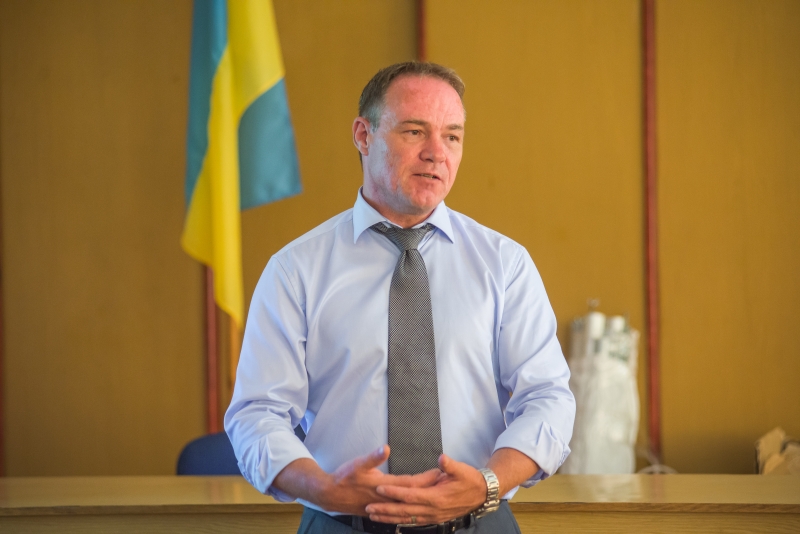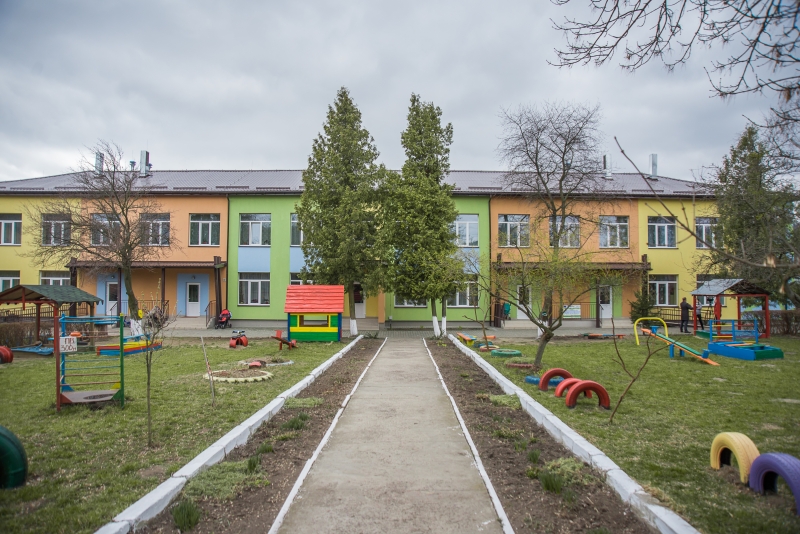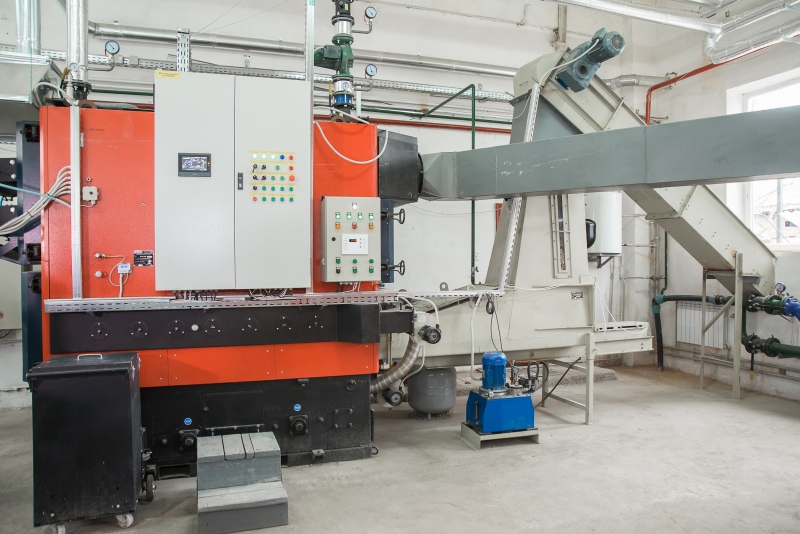
Azerbaijani Cities Self-Isolated from EU Project Covenant of Mayors - Demonstration Projects
Lviv / 06/19/19 / Turan: No city of Azerbaijan takes part in the European Union's "Covenant of Mayors - Demonstration Projects" project (CoM DeP), which includes cities of countries of the Eastern Partnership program.
This was reported during a press tour to Ukraine, in which a Turan correspondent participated, said the head of the CoM DeP group, Jan Vaanders.
The CoM DeP program was created at the level of the European Commission, as a response to the challenges facing the signatory cities of the pan-European initiative Covenant of Mayors in the Eastern Partnership countries in the context of the absence or inadequate level of their own technical and financial capacity to implement Action Plans for a sustainable energy development (SEAP).
The Covenant of Mayors aims to combat climate change, reducing CO2 emissions to the atmosphere by 30% by 2020.
The Covenant of Mayors was signed in 1992 and covers 9286 signatories representing 53 countries of the world. The continuation of this process was the Agreement of Mayors of the EU Eastern Partnership countries, where there are 365 signatories. From Azerbaijan among the signatories, it is only the Office of the State Historical and Architectural Reserve Icherisheher.
According to Y. Vaanders, only now the city authorities of Mingachevir have begun to show interest in the Covenant of Mayors.
At the same time, of the three capitals of the countries of the South Caucasus in the Covenant of Mayors only Baku is missing.
Meanwhile, the cities of the rest of the Eastern Partnership countries are not only signatories to the agreement, but are also actively involved in the CoM DeP program.
The goal of this program is to adequately support a professional team supporting the implementation of projects in selected cities as part of their action plans.
The program support team provides advice to projects throughout the entire period of their implementation by engaging in this process their own expert potential, conducting trainings, and ongoing technical supervision of the work performed.
A feature of the CoM DeP program is that the EU finances 80% of the energy efficiency project proposed by the city government. The city budget must pay only 20% of the project. In other words, by spending only one-fifth of the necessary expenses, the city can solve its specific energy efficiency problem.
The lack of desire of the cities of Azerbaijan to participate in this program is indirectly a demonstration of the fact that it is beneficial for the city authorities to spend budget money uncontrollably, as much as possible on a large scale.
CoM DeP projects are divided into two phases. The first phase covered the years 2014-2018, when 17 projects were implemented, totaling € 16 million. Most projects have been completed and several are in the process of being completed.
The second phase of CoM DeP covers the years 2018-2021. It is planned to implement 14 projects for a total cost of 10 million euros.
Of the 31 projects, 17 are in the cities of Ukraine, 5 in Belarus, 4 I Moldova, 3 in Armenia, and 2 in Georgia.
While the cities of Azerbaijan ignore the EU program, the city authorities of other countries participating in the Eastern Partnership program are implementing projects on the efficient use of energy and renewable energy, on the automation system of accounting for consumed energy and water, on the energy efficiency of modernizing street lighting, on thermo-modernization of pre-school institutions to achieve energy efficiency and reduce carbon emissions, renewable energy and energy efficient for public buildings, on the modernization of municipal heating and heated areas to reduce energy consumption and energy efficiency in buildings, hospitals and education.
For example, only one city of Zhovkva in the Lviv region with 13 thousand people is implementing two projects at once within the framework of CoM DeP. The total amount of the two projects is 1 million 734 thousand 736 euros, of which the EU finances 1 million 387 thousand 789 euros.
During a press tour, journalists from countries of the Eastern Partnership program were vividly demonstrated the results of the ongoing projects.
The objectives of the project in the city are thermal insulation of buildings, modernization of the heating system, and the use of solar energy and LED equipment for street lighting, buildings of budget organizations, kindergartens, schools and cultural facilities.
As part of the project, the city authorities upgraded the heating network system of one of the kindergartens, reinforcing the walls of the building with mineral wool, upgrading the boiler room and pipes, and also created a heated floor. As a result, the kindergarten with a capacity of 170 children has become the most popular in the city, and now parents stand in line to send their children to this preschool institution.
In addition, as part of the project, two boiler houses were upgraded in the city, which switched from gas to biomass fuel - namely, the use of sawdust and waste wood.
When visiting one of them, it was reported that if previously 150 thousand cubic meters of gas were used in the heating season, now 4,000-5,000 cubic meters of wood are consumed. As a result, the population began to pay for heat supply by 10% less.
The example of Zhovkva is an indicator of how the city authorities skillfully using the opportunities provided by the EU, spending a minimum of their budget, can solve the pressing problems of the city. All this should be also understood by the Azerbaijani mayors.



















Leave a review